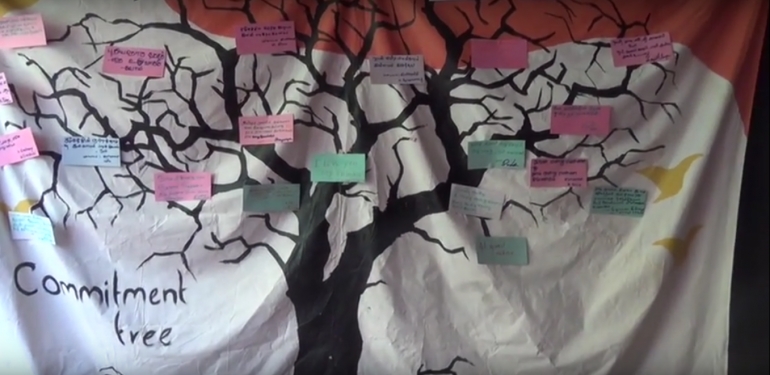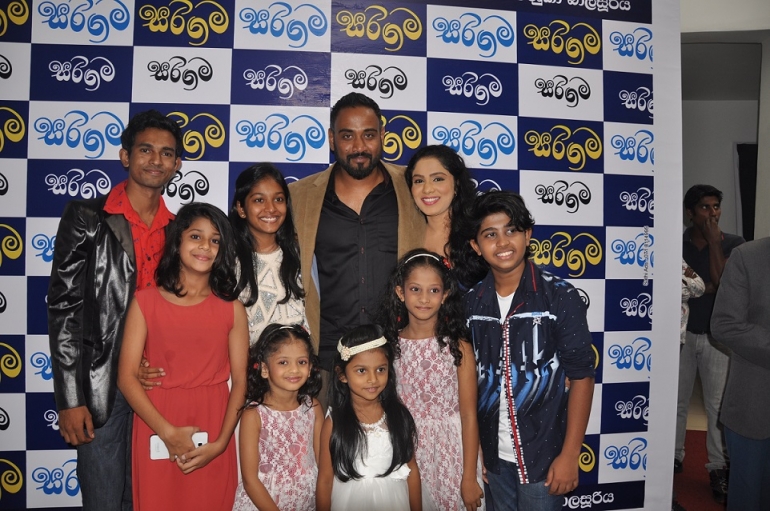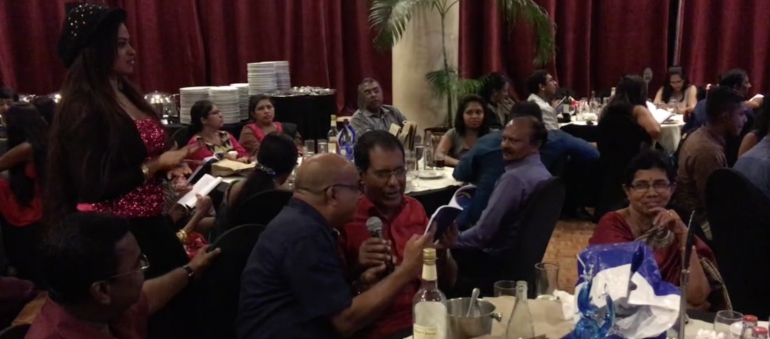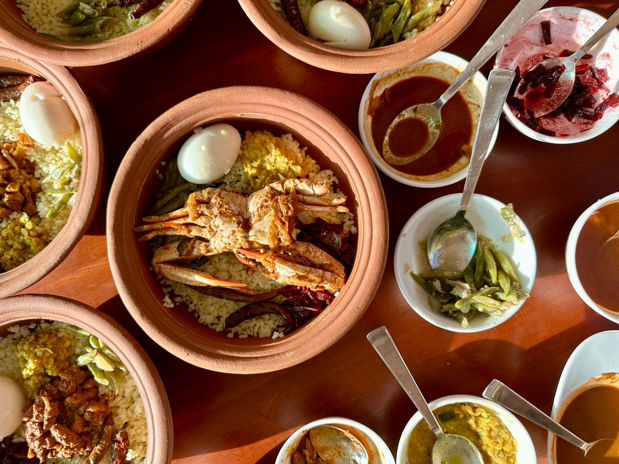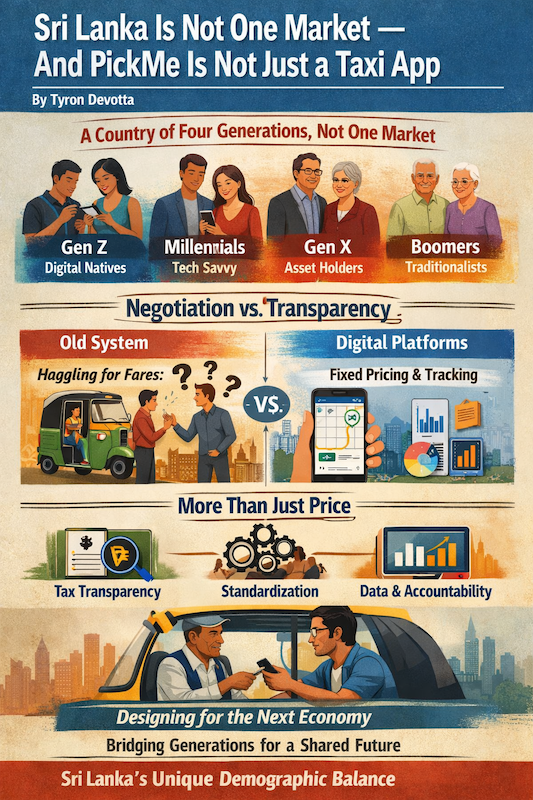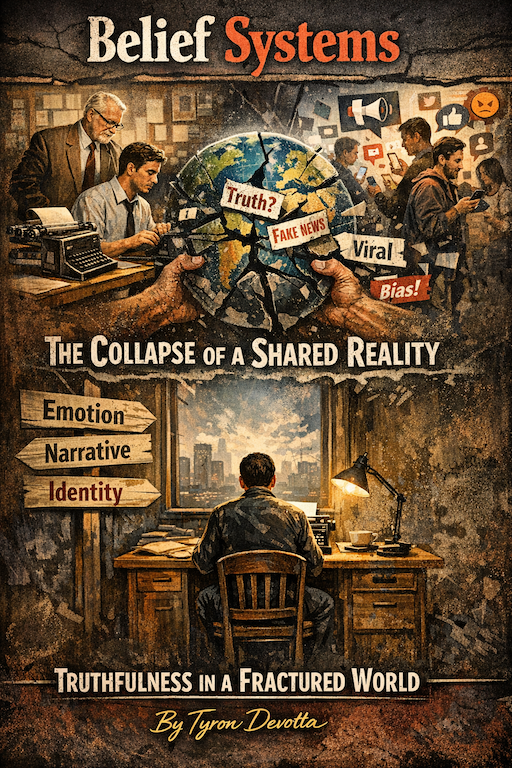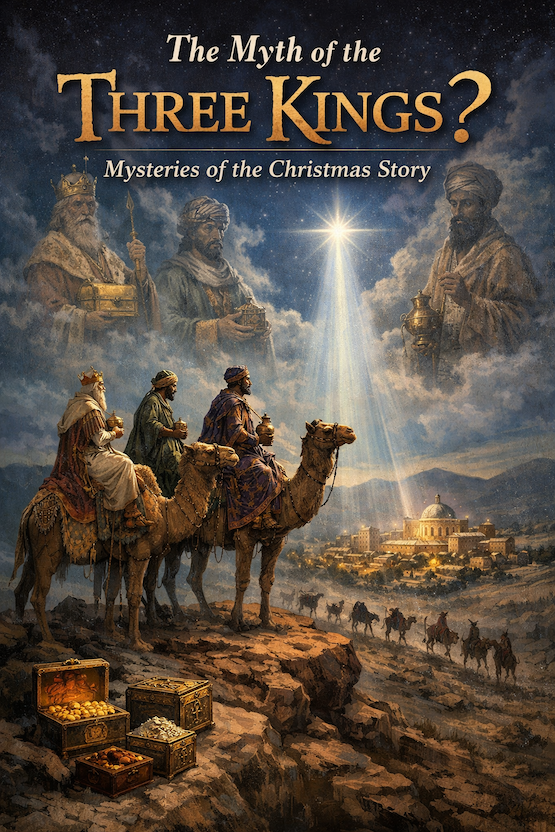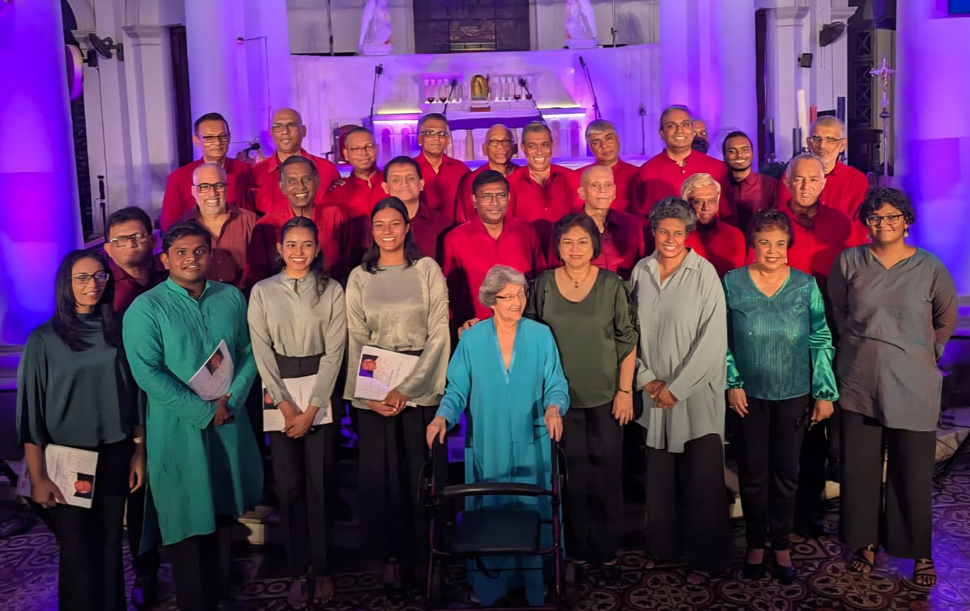By Sahana Nandakumar
(scroll down to view video)
The WINGS Festival of Arts seemed like a great big experiment in the reconciliation process. Whether the reconciliation between the majority and the minority communities was possible at all was a question being tested at this event.
When Community.lk visited the Youth forum which was held on Friday the 11th of November at Ramakrishna Mission hall in Wellawatte, Colombo. The place was a hive of activities with youth from many communities engaging and searching for answers.
One of the Tamil Youth who spoke in the ‘question and answer’ session said that he didn’t believe that there was reconciliation. Quoting an example of going to a government department where all the instructions were only in one language, whilst even the officials being unable to converse in his mother tongue nor English, he described the feeling of being cornered and isolated in his own motherland. Voicing his opinion in a tone mixed with distress and frustration, he put the entire audience into a pool silence.
On the other hand, the youngsters who were a part of the productions staged by WINGS, were cherishing the experience they had gained and the bonds made with other communities. Thaakshayini Parathalingam from Batticaloe district, was delighted to talk about the journey she went through, in order to stage a dance recital along with the Kandyan dancers.
The Bharatanatyam and Kandyan dance styles have significant differences between them. Bharatanatyam, being a dynamic and energetic dance form, has geometric steps with perfect balance and posture. The Kandyan art form in the other hand, has much flexible and broad moves with continuous jumping and twirling being the focus. While Bharatanatyam portrays rapid hand gestures and stamping of the feet the heart of the Upcountry dance is the graceful body flexes and hip movements.
But the two troupes had worked very hard to find similar movements and postures to coordinate the dance recital. Thaakshayini said, “We had to patiently look in depth to find the similarities, but the attempt to connect with the Kandyan steps brought an unconscious connection between us.” A similar opinion arose from a Sinhala girl from Negombo, who had made many Tamil friends by being a part of a combined drama.
The Key note address by the Minister of Telecommunication and Digital infrastructure, Harin Fernando set limelight over the necessity of learning both the national languages. “There is nothing called ‘Sinha le’ nor ‘Dhemala le’, we all have one blood and that is ‘Sri Lanka le’!” were the firm statements he made while promoting reconciliation. His key note was followed by an eminent panel, who shared their personnel experiences and meanwhile answered the queries that were brought up by the youth.
Reconciliation was felt at different levels. The older participants including the panelists felt that reconciliation was about inner balance. They recommended that we reconcile ourselves before we look to reconcile the community. It was the mindset that needed change before we move on to change the world.
The youth on the other hand, believed that reconciliation could be attained by interacting with each other and that there was no need for any change in their mindset. All they required was an opportunity to meet and work together. The dance and drama described above are the first thoughts that come up to their mind when thinking about reconciliation.
Is there a significant difference in opinion because the youngsters don’t understand the inner change factor? Or is it because the young minds are clear of stain and haven’t yet got caught to the mire of conflict unlike the older people? However, the most important question had a certain answer. Reconciliation is a need for the future of the country.
The collective conclusion at the end of the day was that, reconciliation was not a single persons’ achievement, but an achievement as a community. The path to reconciliation could be different, but it’s our responsibility to acknowledge the uniqueness of every culture, religion and ethnicity while learning to live as one family.


